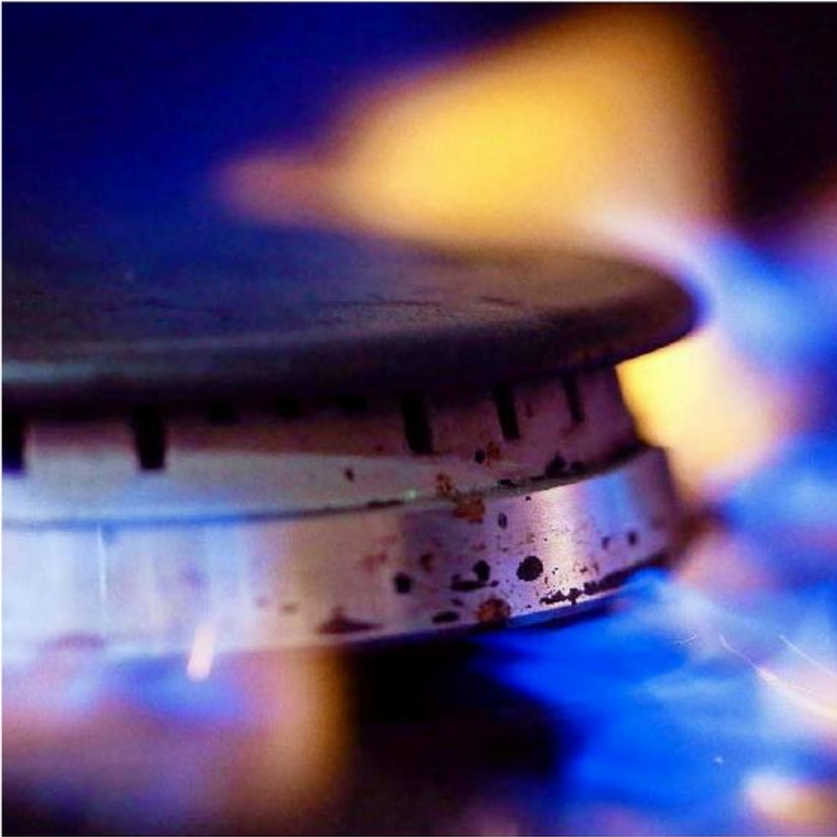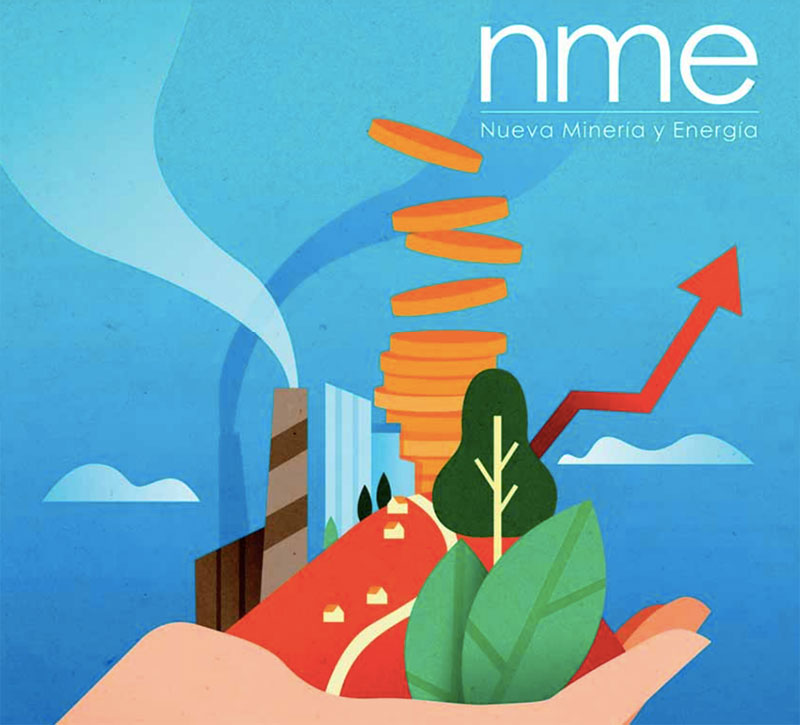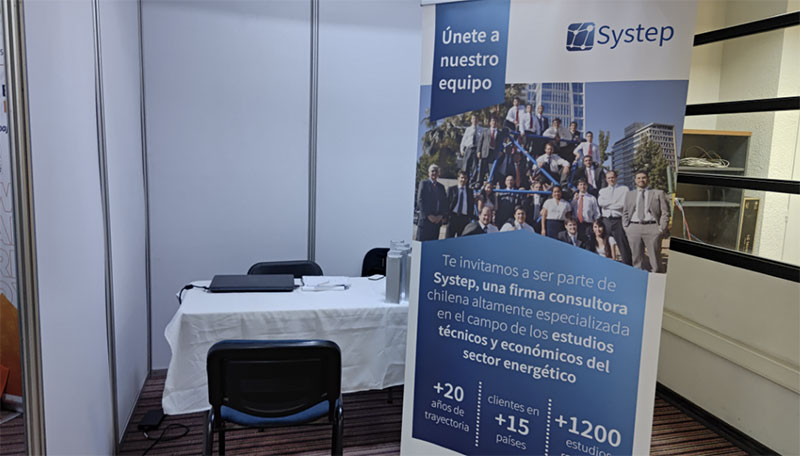
Minister Pacheco sends a strong message to the company. Secretary of State asks for approval of the bill that would allow compensation to users.
Metrogas relapses: again exceeds legal profitability limit
“No piped gas company can exceed the 11% profitability allowed by law”, said Energy Minister Máximo Pacheco when delivering the “Profitability Report” of the concessionary companies of gas distribution network for the year 2014. And the study prepared annually by the National Energy Commission once again did not prove him right. For the second consecutive year, Metrogas, the country’s largest gas distributor covering the Metropolitan Region, surpassed the profitability barrier allowed by the regulation in this regulated industry.
According to Pacheco, these types of companies have a maximum permitted profitability, which is controlled through the companies’ balance sheets. However, the law does not allow the government to punish violators, much less empower them to seek compensation from consumers.
“In 2013, Metrogas’ profitability reached 16.9% when the maximum is 11%. Now it is repeating itself again with 12.2%. When we became aware of this phenomenon last year, we immediately sent a bill to adjust the companies to the legal prices”, says Pacheco, who called for the approval of the bill that regulates the industry, currently being processed in the Senate.
“If the law were in force today, as a ministry we would proceed to place the company in a four-year tariff regime. In other words, the company would lose its tariff freedom. The idea is to set a tariff so that the legal barrier is not exceeded,” says Pacheco.
Search for compensation
Another relevant element highlighted by the Ministry of Energy is that the bill contemplates that companies that exceed the legal maximum will have to reimburse these monies to users in their gas bills.
“The new law would also allow us to define a compensatory mechanism, whereby the company would have to return the money overcharged to consumers. For me, it is frustrating not to have the legal tool to force the company to lower its prices or to return what it has overcharged. That is why the bill should be passed. Moreover, these behaviors are bad for the economy and for our consumers,” the Secretary of State points out.
At the time of going to press, Metrogas had not been notified of the study and declined to comment on the matter. However, in 2014 the firm presented two studies, one by the consulting firm Systep and the other by EY, relativizing the measurement made by the regulator. “Our tariff policy is in line with current regulations,” the company claimed in 2014, adding that “any differences with technical studies conducted by the Ministry of Energy are part of an institutional process of checking profitability.”
The message to Piñera
The 2014 profitability study, which took five months to prepare, establishes that the other distributors met their limit: GasValpo (6.8%), GasSur (5.9%), Intergas (6.8%) and Lipigas (4.9%). According to Pacheco, this measurement was institutionalized in this government. “We share the discomfort that citizens feel about this situation. But as a government we are doing our job. First of all, we are doing the checks that strangely were not done during President Piñera’s administration. Otherwise, nobody would know about this”, he said.
The current law dates back to 1931. What the project is and what it brings
The bill that regulates the piped gas market and establishes compensation to users when companies exceed their profitability limits was approved by the Chamber of Deputies and is in its second stage in the Senate. The current law dates back to 1931 and was last modified in 1989 with the advent of natural gas. The initiative also contemplates for the first time an independent technical body for the resolution of tariff disputes and for checking profitability, similar to the panel of experts that defines the tariff guidelines in the electricity market.



